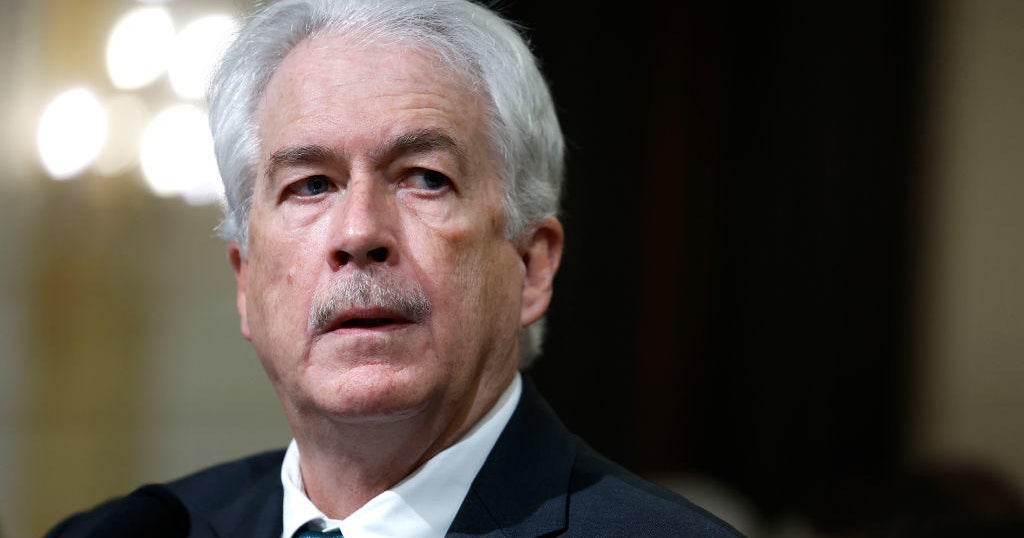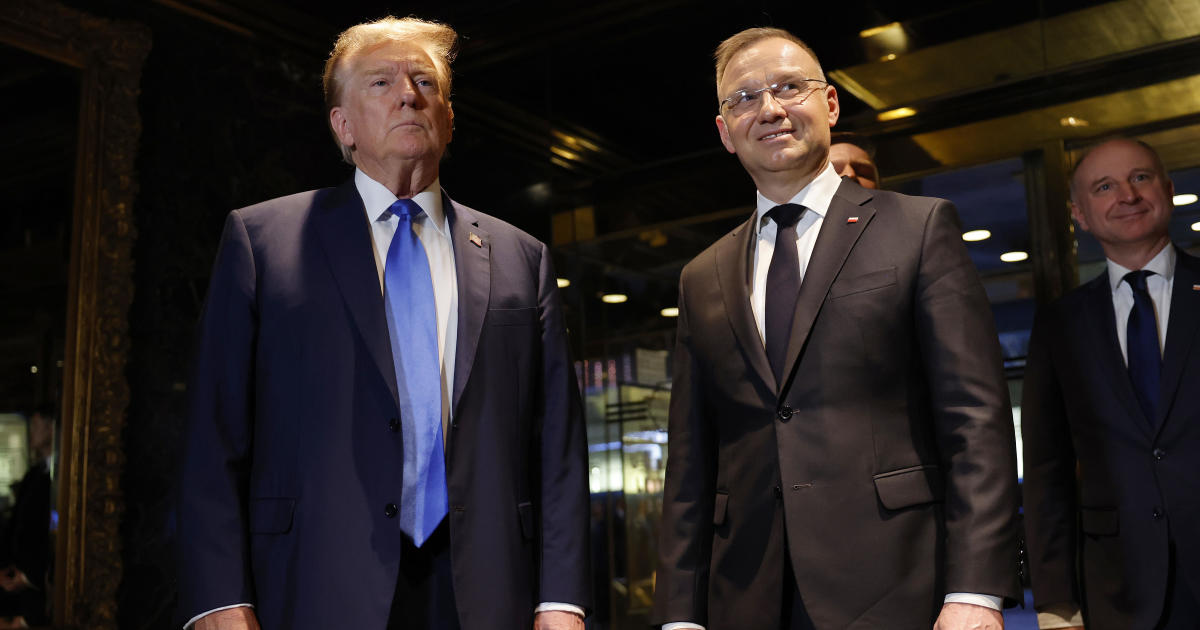Russia and Ukraine's "war of attrition" has begun, says European official
The "war of attrition" has begun in Ukraine, as Russian forces make a grinding push using heavy artillery shelling in the south and east of the country alongside deep strikes further west into Ukraine in an attempt to disrupt logistical supply lines used by the West. Predicting when the Russian offensive will end is very complicated, a European official in Washington told reporters Thursday.
In the long term, Russian President Vladimir Putin's objective is to capture the broader Donbas region, where Ukrainians and Russians have been fighting since 2014, as well as the land bridge linking mainland Ukraine to Russian-occupied Crimea. However, Russian forces — pushing from the east, south, and from the north area of Izium, in eastern Ukraine, while using heavy artillery shelling — have still not made much progress on the ground, the European official said.
The remaining part of the Donbas that the Russians are trying to secure has complex terrain with substantially sized rivers and urban areas. If they succeed in securing and moving past the southern Kherson region, the Russians could push on to the port city of Odesa further west. But this is unlikely because it would require a complex amphibious operation, and Russia also does not have enough troops in place to expand to the southern coast, the official said. If logistical access for supplies isn't secured, troop morale will collapse, the official also pointed out.
Russia has also been carrying out deep strikes beyond the line of contact to target resupply lines and western military assistance flowing into Ukraine, carrying out intense bombardment of storage facilities, bridges and railways, as well as missile strikes on power stations in the western city of Lviv on Tuesday.
Pentagon spokesperson John Kirby told reporters Wednesday, with regard to Russia's most recent airstrikes, "we are still assessing the degree to which they hit what they targeted. They are not good at precision strikes. They are not discriminate with how they target."
"The Russians have not made the kind of progress in the Donbas and in the south that we believe they wanted to make. We do believe they're behind schedule," Kirby said. "It's been slow, and at every turn they have met a stiff Ukrainian resistance. What we're focused on is making sure that that resistance stays as stiff as possible."
Other factors that may affect the duration of the war include morale, agility and intelligence, the European official said.
It is difficult to assess the number of Russian casualties, but the European official suggested that Russia has suffered heavy losses during the war, with between 10,000 to 20,000 Russian soldiers killed so far, as well as thirty 30,000 wounded. Ukraine has not released an official death toll of its forces, though President Volodymyr Zelenskyy said in mid-April that 3,000 Ukrainian soldiers had been killed since Russia's invasion began. Ukrainian officials did not respond to a request by CBS for their latest figures.
The European official also noted it is difficult to predict Russian President Vladimir Putin's mindset, pointing out that while he can stop his invasion of Ukraine at any moment, he has so far shown no willingness to end his campaign. Meanwhile, the Ukrainians have shown they are committed to defend every kilometer of their land. And as the war drags on, Russia will feel the economic effects of the sanctions, which is likely to have practical consequences for Putin's ambition.
The Ukrainians, who are receiving a continuous supply of western security assistance, are agile in terms of their military movement, compared with the Russian's heavy and less mobile military, making it easier for the Ukrainians to target them according to this European official. It remains difficult to assess whether Russia is receiving military or security assistance from its allies including China.
Ukraine has been able to kill a number of high-level Russian generals who have had to move to the frontlines deeper within the country to try unsnarl their forces' failure to progress. Intelligence from the U.S. and other countries has helped Ukraine achieve this, but it also has its own network of intelligence within its population for generating HUMINT (human intelligence) toward effectively informing their military operations, the European official said.
A National Security Council official told CBS News Thursday, "The United States provides battlefield intelligence to help the Ukrainians defend their country. We do not provide intelligence with the intent to kill Russian generals."
The U.S. assesses that Russia will try to forcibly annex the newly occupied Kherson region, along with the so-called "people's republics" of Donetsk and Luhansk in the "coming weeks or months," U.S. Ambassador to the OSCE Michael Carpenter said this week.
Carpenter told State Department reporters Monday, "We believe that the Kremlin may try to hold sham referenda, to try to add a veneer of democratic or electoral legitimacy" in these regions.
Russia is already switching the local schools to using the Russian curriculum, forcing civilians to use the ruble as currency, renaming towns and has cut off internet and cell phone transmission in those areas, Carpenter also said.
David Martin and Olivia Gazis contributed to this reporting.




